I'm using:
- Vue 2.0.3
- vue-router 2.0.1
- vuex 0.8.2
- vue-resource 0.7.0
And after trying to login to my page when using remote API, not the locally run one, I get cors error like following
vue-resource.common.js?2f13:1074 OPTIONS
https://mywebsite/api/auth/login
(anonymous function) @ vue-resource.common.js?2f13:1074
Promise$1 @ vue-resource.common.js?2f13:681
xhrClient @ vue-resource.common.js?2f13:1033
Client @ vue-resource.common.js?2f13:1080
(anonymous function) @ vue-resource.common.js?2f13:1008
XMLHttpRequest cannot load https://mywebsite/api/auth/login.
Response to preflight request doesn't pass access control check:
No 'Access-Control-Allow-Origin' header is present on the requested
resource. Origin 'http://localhost:8080' is therefore not allowed
access. The response had HTTP status code 415.
Now I have API running in Azure, and since it allows me to test my calls from Postman, I am quite sure the CORS headers are set properly on backend. Not so sure about the Vue and the front.
I have situation like this in config files:
export const API_ROOT = 'https://mywebsite/api/'
export const AuthResource = Vue.resource(API_ROOT + 'auth{/action}')
than i.e I am calling this action like:
login: function (userData) {
return AuthResource.save({action: 'login'}, userData)
}
Finally as I am checking auth in login via token in vuex submodule I have just a simple header check-up state.
var updateAuthHeaders = () => {
var token = JSON.parse(localStorage.getItem("auth_token"))
if (token != null){
Vue.http.headers.common['Authorization'] = token
}else{
Vue.http.headers.common['Authorization'] = null
}
}
I have tried adding Vue.http.headers.common['Access-Control-Allow-Origin'] = true here, but did not help the case.
Any idea? What am I doing wrong.. I suppose it will not work for other calls also if it doesn't work for login.
